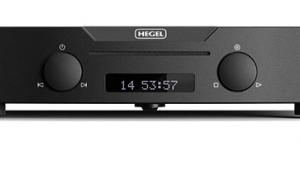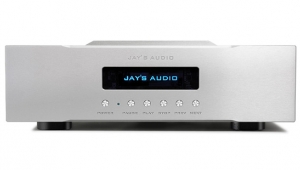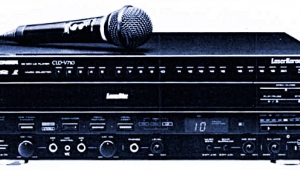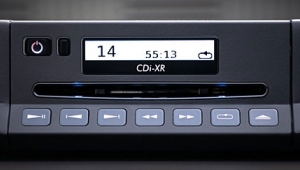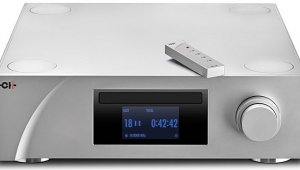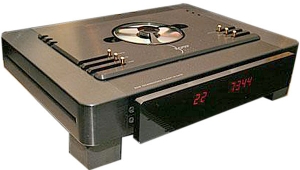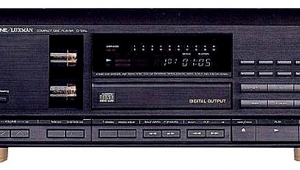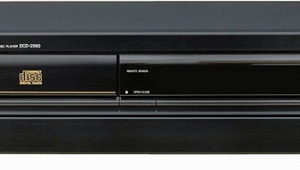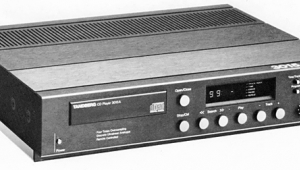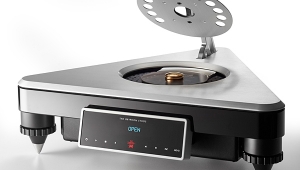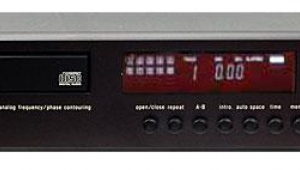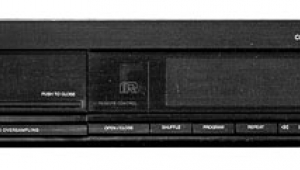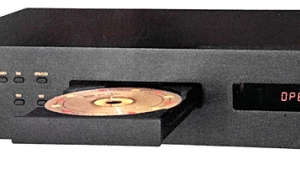| Columns Retired Columns & Blogs |
Nothing Ayre makes sounds as good for CD or SACD playback as the $1000 OPPO BDP-95; I have both the OPPO and the Ayre C5xe/MP.
From now on, the BDP-95 should be used as a direct comparison to any player you test that costs over $800. It should be your standard for comparison.
If you don't, you are just wasting your time...and everyone else's.
IMO all of the players for over $1000 have been made pretty much obsolete and irrelevant by the BDP-95. What an amazing unit for the money.




